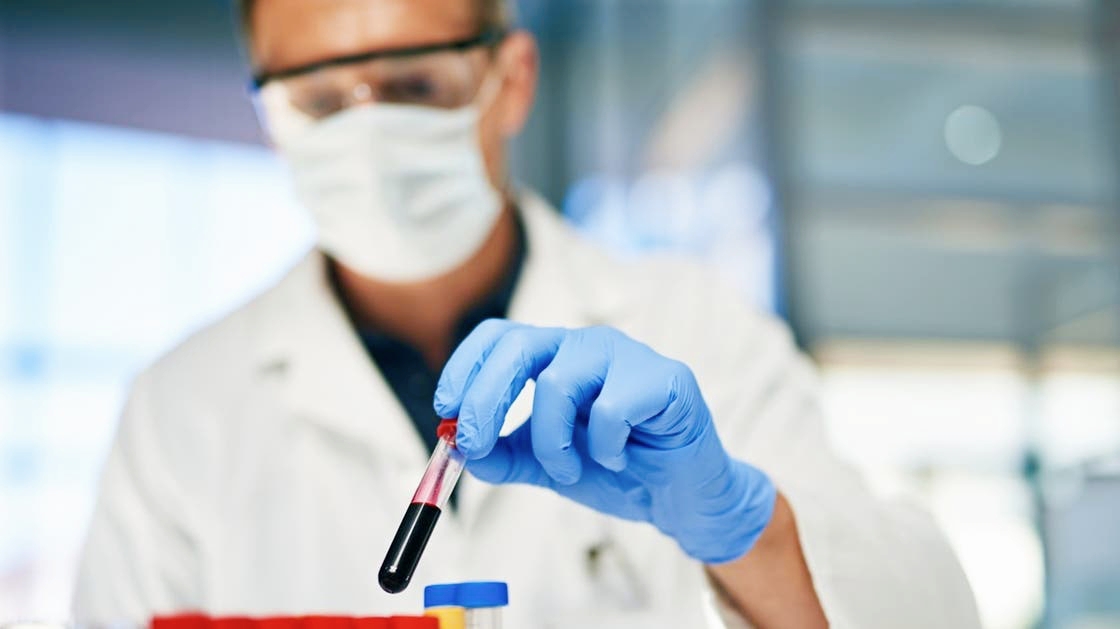In a unique medical discovery, a team of French scientists has identified an extremely rare new blood type in a woman from the island of Guadeloupe after years of meticulous testing, as announced by the French Blood Establishment (EFS).
The institution stated in an official statement that this discovery was officially recognized in early June during the International Society of Blood Transfusion (ISBT) conference held in Milan. A detailed report was also published by 'Newsweek' magazine, and the new blood type was named 'Guada Negative'.
The story dates back to 2011 when there was an urgent need for a blood transfusion for this lady, but a compatible donor could not be found due to the uniqueness of her blood type.
After years of halted research, scientists reanalyzed her case in 2019 using high-precision DNA sequencing technology, which revealed a rare genetic mutation inherited from her parents, leading to the identification of her unique blood type.
Thierry Peyrard, a medical biologist at the French Blood Establishment and a participant in this discovery, stated that in 2011 they found an unusual antibody in the lady's blood, who was 54 years old at the time, but resource limitations prevented them from uncovering the truth at that time.
This new blood type is a significant addition to understanding blood types, contributing to improving blood transfusions and organ transplants while reducing potential health risks.
It is worth noting that the first blood types were discovered in the early twentieth century by Karl Landsteiner, who was awarded the Nobel Prize in 1930 for this groundbreaking work.

